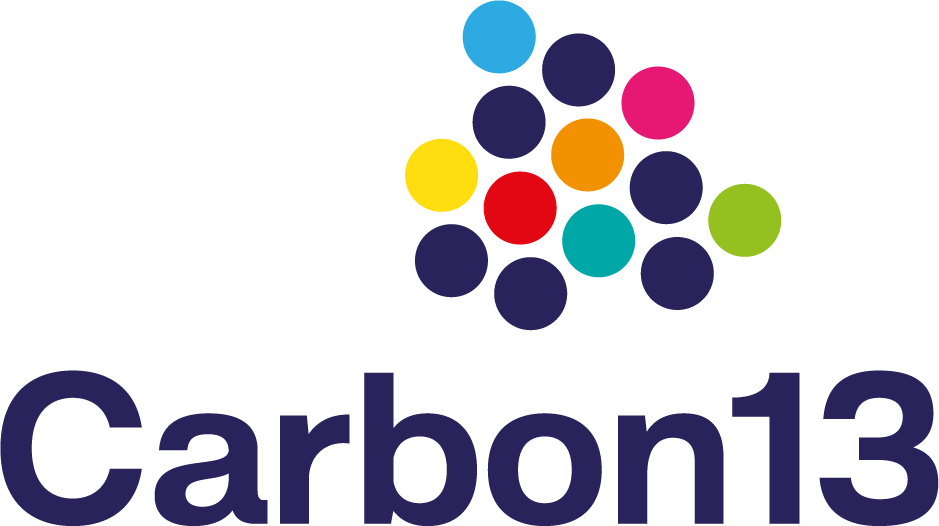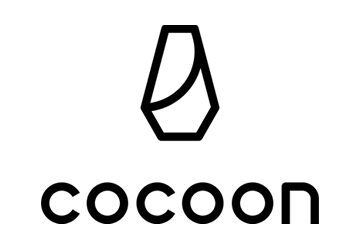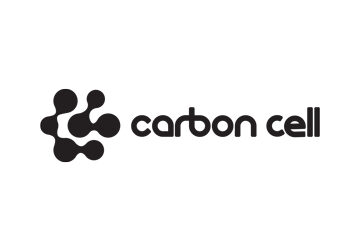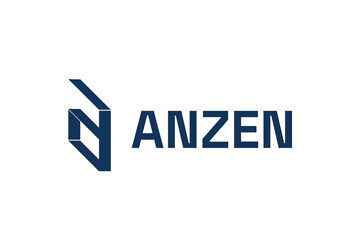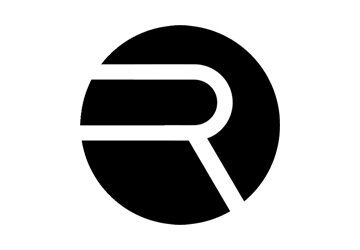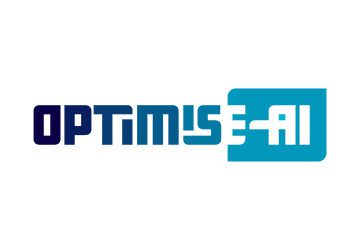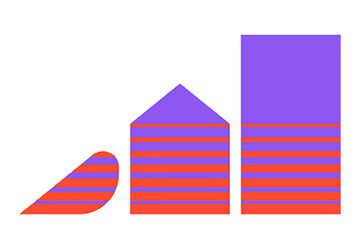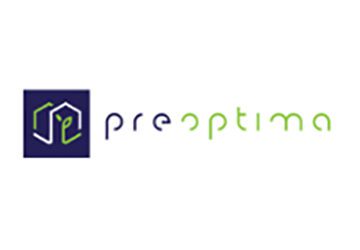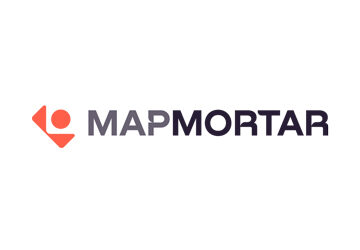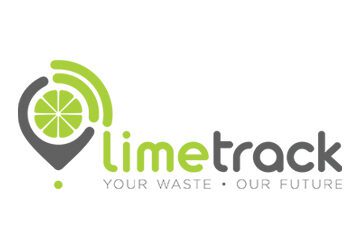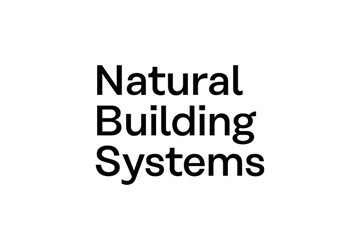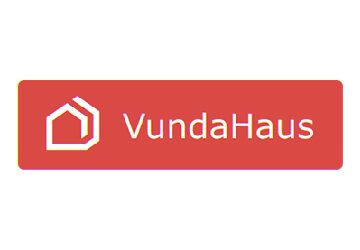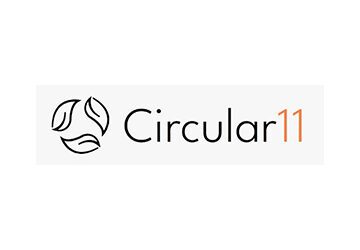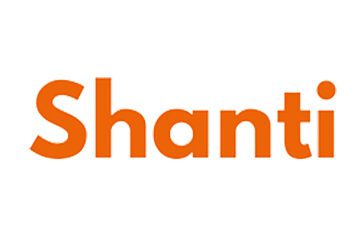To decarbonise the world, we are going to have to build a lot more. This means we will need more steel and cement over the next 40 years than ever before. However, these two materials represent 15% of global emissions. We’re capturing CO₂ into industrial waste and upcycling this into a green cement alternative to decarbonise the steel and cement industries. This mineralisation process has been the focus of our Chief Scientist Officer’s research and we’re now commercialising it at scale.
Our Ventures
BioZeroc
BioZeroc is decarbonising the construction industry by creating carbon-negative construction materials from waste products.
Their expertise in bio- and nanotech has allowed them to bypass the need for cement in concrete manufacturing, at minimal cost to producers and the environment.
Carbon Cell
Carbon Cell are on a mission to make polystyrene waste a thing of the past. Their high performance, fully compostable and carbon negative biochar can be used for a wide variety of applications, from packaging to construction. This expanded foam locks in carbon for centuries, making it the eco-friendly alternative to polymer-based versions. Carbon Cell also boasts a renewable supply chain, with feedstock made from waste streams such as textiles or even potato peels
Anzen
Anzen is the world’s first climate wall with solid-state heating, cooling, and heat recovery ventilation technology. Taking on the problem of indoor pollution and energy inefficiency, Anzen’s solution aims to decarbonise heating and cooling at scale with one-day installations while making indoor climate control inclusive and intuitive.
Adia Thermal
Adia envisions a future where the energy transition is seamless. By leveraging commoditized hardware with digital twins of the built environment, Adia adapts our existing infrastructure to a decarbonized future.
Reaforma
Reaforma is a prop-tech and climatetech start-up founded in 2022 out of the Carbon 13 accelerator programme and is on a mission to remove 10Mt of CO2e from the planet each year. They are creating the next generation of construction materials to change the way we look at buildings. By harnessing construction and industrial waste streams, they are reforming the construction materials of today to become the materials of the future. Reaforma is capturing biogenic carbon and locking it into building materials to cut the embodied carbon right in front of our faces. Non-structural elements of buildings contribute almost 70% of its total embodied carbon and so we’ll be bringing our solution to this area first. At the core of the start-up is giving access to green products with no premium for adopting sustainable products in design.
Optimise-AI
Optimise-AI is transforming building energy management, through its virtualised Building Management System (BMS) technology, that harnesses the power of digital twins. This cutting-edge solution delivers actionable insights, even for the 90% of commercial buildings that currently lack a traditional BMS. As a result, clients consistently achieve impressive energy and carbon savings, typically exceeding 40%.
Kestrix
Kestrix is using mass drone image capture and AI to unlock building portfolio decarbonisation at scale. By mapping regions with drones and extracting retrofit-relevant data from images using computer vision and machine learning, Kestrix paints a picture of the real-world energy performance in any building and shows retrofit opportunities in seconds – saving portfolio owners and operators retrofit planning time and de-risking large-scale projects.
Preoptima
As a Carbon Twin, Preoptima mirrors every design choice, instantly evaluating the whole life carbon (WLC) impact of decisions. Both their Web App and API provide unprecedented access to real-time carbon impact data, an accurate bill of quantities, and associated material and structural impact information. By harnessing the power of geolocation and real-time analysis, Preoptima allows users to visualise and understand the WLC footprint of their projects from the earliest stages, helping avoid embodied carbon and reduce emissions from the outset.
MapMortar
Mapmortar is supercharging retrofit strategies. Their breakthrough proprietary simulation technology helps organisations understand how to achieve net zero for entire portfolios three times as fast, with twice the accuracy.
Limetrack
Limetrack adds value to commercial food waste by redefining the physical and digital infrastructure to increase customer profits and help the planet. Our access-controlled SMART IoT bins and digital infrastructure effortlessly collect data on every food waste deposit and deliver tangible benefits to businesses, reducing their food waste costs by up to £6,000 per annum. Intelligent data analytics and SMART bin notifications help waste management companies optimise their routes, keep operators safe and cut costs by avoiding unnecessary stops. And our clear, concise reporting keeps all our customers on the right side of the new separated waste legislation.
Natural Building Systems
Natural Building Systems has developed a carbon-negative modular system for sustainable construction. Using digital tools, they manufacture structural insulated panels (SIPs) with advanced bio-composites. The SIPs form an integrated ‘kit of parts’ analogous to flat pack furniture, delivered and rapidly assembled using non-specialist labour. Designed for disassembly and adaptation, their system reduces in-use carbon impacts by allowing zero waste alterations and re-use, and reduced operational carbon through improved energy efficiency, climate resilience and indoor air quality. The manufacturing process is energy-efficient and highly scalable.
Vundahaus
VundaHaus is making homes Vundaful! They are driving the decarbonisation of homes by industrialising the insulation process. Their prefabricated insulation kit can be installed faster than traditional methods and at a fraction of the cost of other off-site solutions. Combining 3D scanning, automated design and efficient off-site manufacture, they will increase the productivity of installer partners and drive down costs for property owners, enabling retrofit at scale.
Circular11
Circular11 turns low-grade plastic waste into building materials and outdoor construction timber. By combining composite material technology with an innovative process control system, they are creating a functional material, from, and so an end-market for, the cross-contaminated and film-based plastic streams that make up 60% of global plastic waste. At the same-time, they are providing the materials for a zero-carbon built environment.
Shanti
Shanti is enabling safer urban life through smart data, helping people walk, cycle and use public transportation by providing safer routes. With travel the largest energy-consuming sector in 40% of countries and safety a major barrier to switching to more sustainable transport, Shanti encourages this change.
